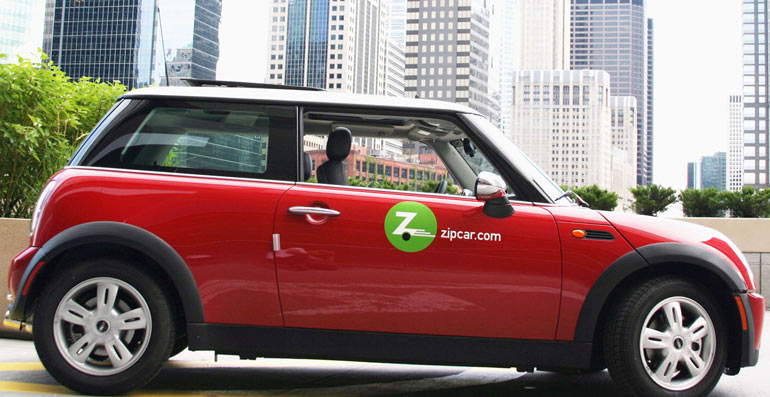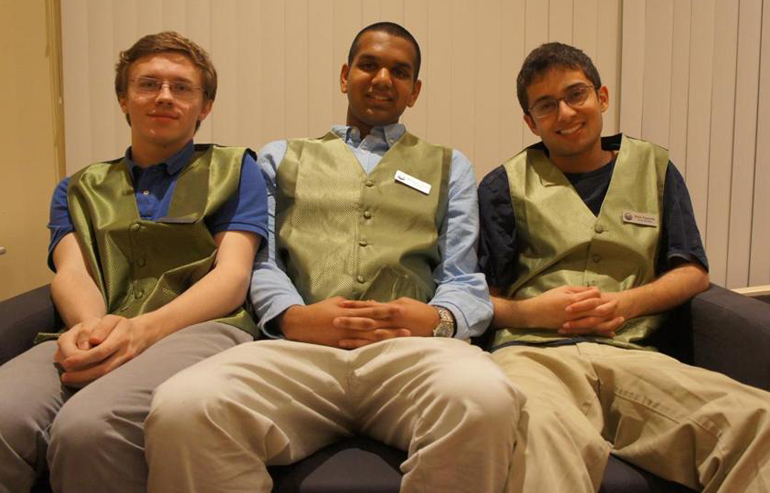 Okay, here’s the nightmare scenario:
Okay, here’s the nightmare scenario:
You’re traveling for work or to a high school reunion or whatever. The big event you’ve traveled for is in a few hours and you realize, “Holy shit! I forgot my (fill in important clothing item here).”
A couple of years ago that exact thing happened to Amrita Aviyente while she was in India for a high school reunion. She ended up buying really expensive shoes that she had very few occasions to wear after that trip.
The whole experience made her think, “Wouldn’t it be great if there was someone just down the street I could borrow shoes from?”
Back in Boston, she set to work on Date My Wardrobe, a peer-to-peer service that allows users to post their upscale wardrobe pieces online and rent them to other people. Aviyente calls it “AirBnB for high-end wardrobe items.”
She’s particularly excited about the social component that’s possible with Date My Wardrobe. You’re in a new city, need some shoes, and suddenly you find yourself meeting someone with your exact taste in fashion.
The team–which also includes Izi Aviyente and Chetan Chawla–piloted the beta during the Boston Lean Startup Challenge. They were in the top 5 teams in this year’s class, and are now busy working on the updates they want to make to the platform.
Those changes will be easy to implement quickly because two of the three founders have technical backgrounds. They are working on a payment platform (right now they use Square Cash) and hope to launch on mobile soon.
Competition, obviously, comes in the form of just buying something when you need it. However, there’s also New York-based Rent the Runway, which has an inventory of used designer items for rent. There’s also DC-based SnobSwap which works as an online marketplace that lets you buy, sell, or swap clothes.
Neither of those companies are strictly peer-to-peer like Date My Wardrobe, but some people will prefer that. While it’s fun to think about sharing clothes, it could potentially be a little creepy.
Of course, staying in someone’s home or getting a Lyft from a stranger could be creepy, too, and those things are doing all right at the moment. Buzz aside, the sharing economy is still in the early days, and there is plenty of room and time to grow.
Amrita and her team plan to be a part of that. They are looking to 2014 to be a big year for Date My Wardrobe.






